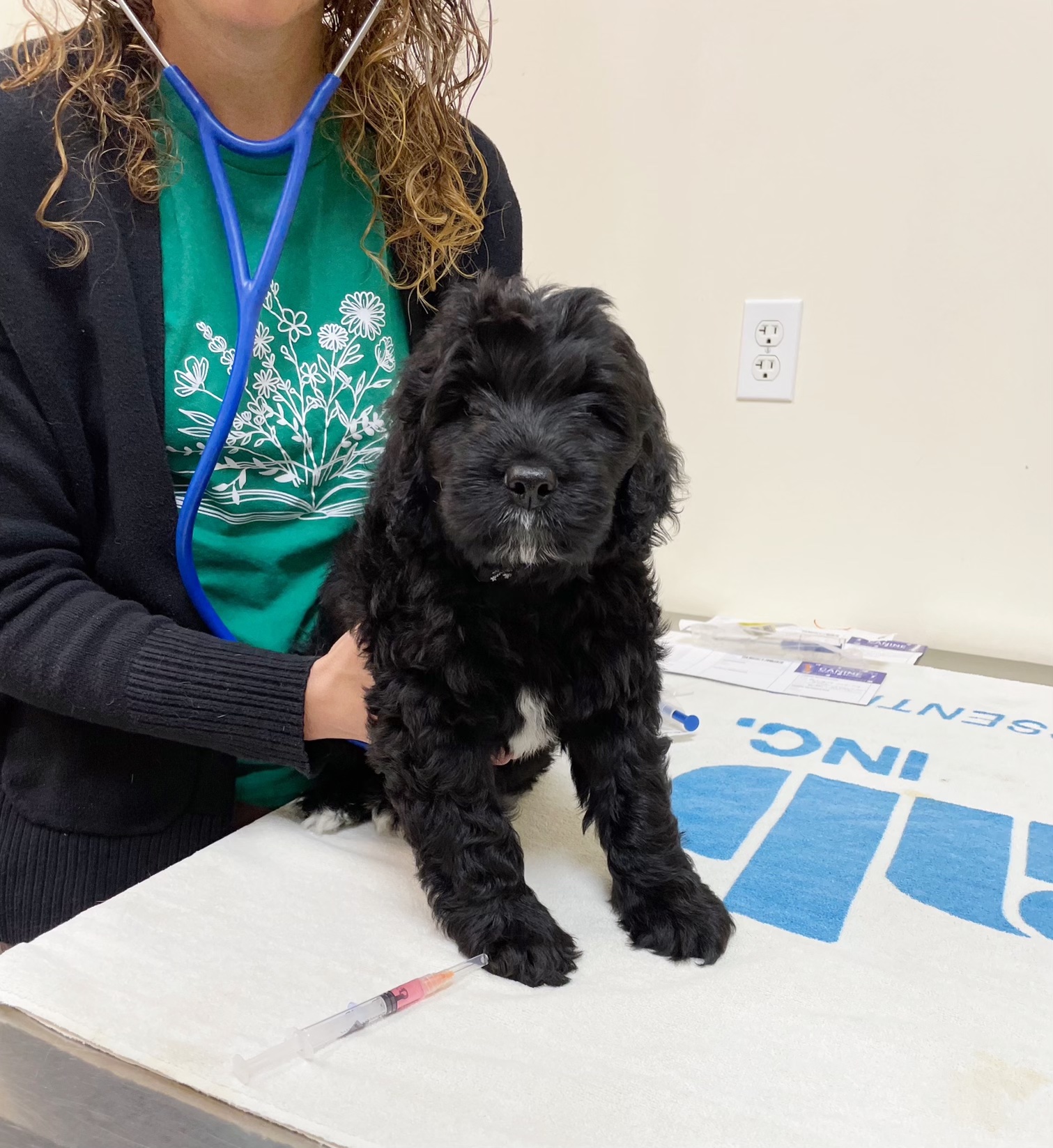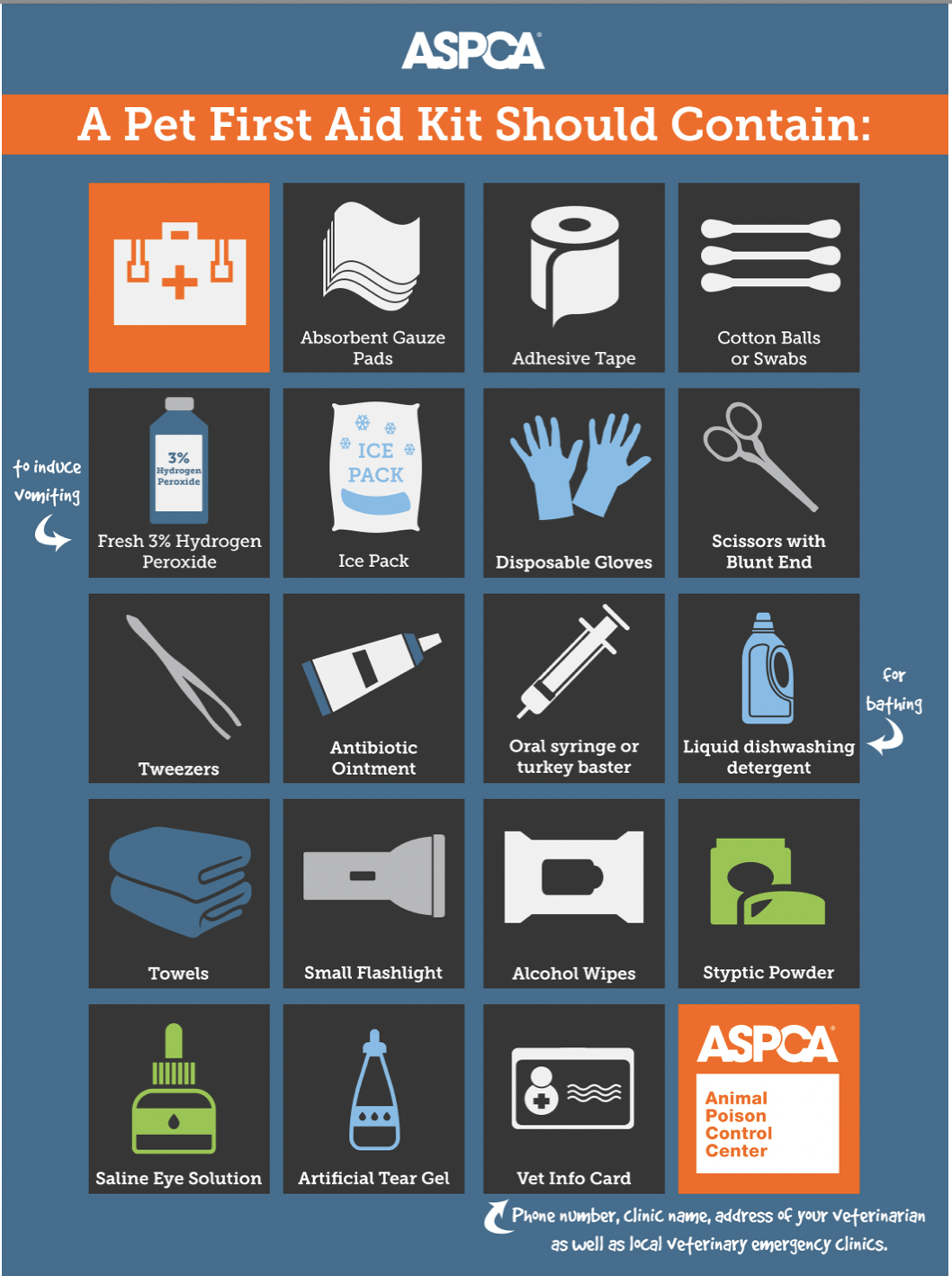HEALTH & WELLNESS SUMMER 2022 The Mission of the Health and Wellness Committee is to develop plans to protect and improve the health of our Breed through education, screening tools and working with other Regional PWD Clubs and the PWDCA. As stated on the PWDCA's official website, "Responsible breeding practices are encouraged to reduce or eliminate hereditary health problems which can lead to increased veterinary costs, decreased quality of life, and/or premature death." We will bring many important health and wellness related topics to our members on our Health and Wellness web page and in our News Buoy, on our social media outlets such as Facebook and Instagram, and email, just to name a few. |
Topic(s) of the Day - Chondrodystrophy (CDDY) and Tick Borne Diseases Per the Portuguese Water Dog Club of America (PWDCA) (email dated April 7, 2022) - "It has come to the Board's attention that there is a genetic disease, Chondrodystrophy also referred to as CDDY, that has been expressed in our Breed. We are fortunate that both Embark and UC Davis offer a DNA test for it. Here is a link for more information on the disease and test: https://vgl.ucdavis.edu/test/cddy-cdpa Here is a link explaining how best to do a DNA swab collection: https://vgl.ucdavis.edu/sample-collection/dog" WHAT CAN WE DO? TEST OUR DOGS FOR CDDY
With additional questions/concerns, feel free to reach out to: Dave Wichterman wichtermand@gmail.com (302) 233-4747 & Sandra Caruso slcaruso@MSN.COM (215) 460-4043 Let's Talk Ticks
|
Summer Awareness Tips | Hot Topic |
Check out a few more summer safety tips from the AKC! AKC Dogs Overheating Signs, Symptoms, Prevention Ever considered stand up paddle boarding (SUP) with your dog?! If you want to try to beat the heat with SUP, the AKC has some tips here | Check out a few break-away collar options: And more details: ABC Blog & PetSafe Collar Safety Awareness. |
Useful Tools for the Unexpected
Watch this video from the AKC to learn how to do CPR on your dog! And do you know how to do the doggy Heimlich? Check out what the AKC has to say here! |
1. Animal Poison Control Center: 888-426-4435 2. Your closest 2-3 emergency vets. Make sure to call ahead and explain your situation to the vet before you arrive. Although some emergency vets are open 24/7, not all have the capacity to handle your case OR they like to be prepared for your arrival and give specific arrival instructions.
3. Your local vet. Some vets have "urgent care" time slots aside for their patients that have an urgent (but not necessarily emergency) case. Call ahead to make sure they're prepared for your dog. 4. First Aid Kit See here for more first aid kit tips! |
| You never know when disaster will strike so be prepared! Keep this Pet Disaster Checklist handy and along with some tips from the Red Cross here. |

 To help support the research efforts for PWDs, consider clicking the box to submit you dog's results to the OFA. This organization collects breed specific data to provide insights into the health of our dogs related to these genetic diseases.
To help support the research efforts for PWDs, consider clicking the box to submit you dog's results to the OFA. This organization collects breed specific data to provide insights into the health of our dogs related to these genetic diseases. 











